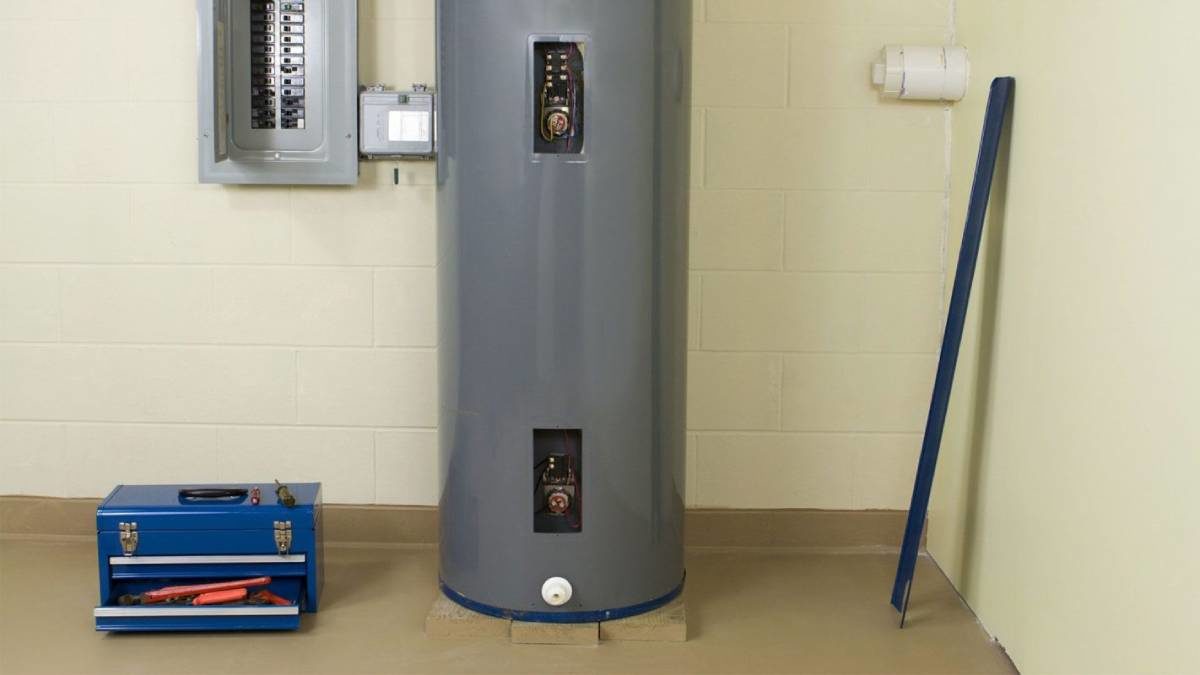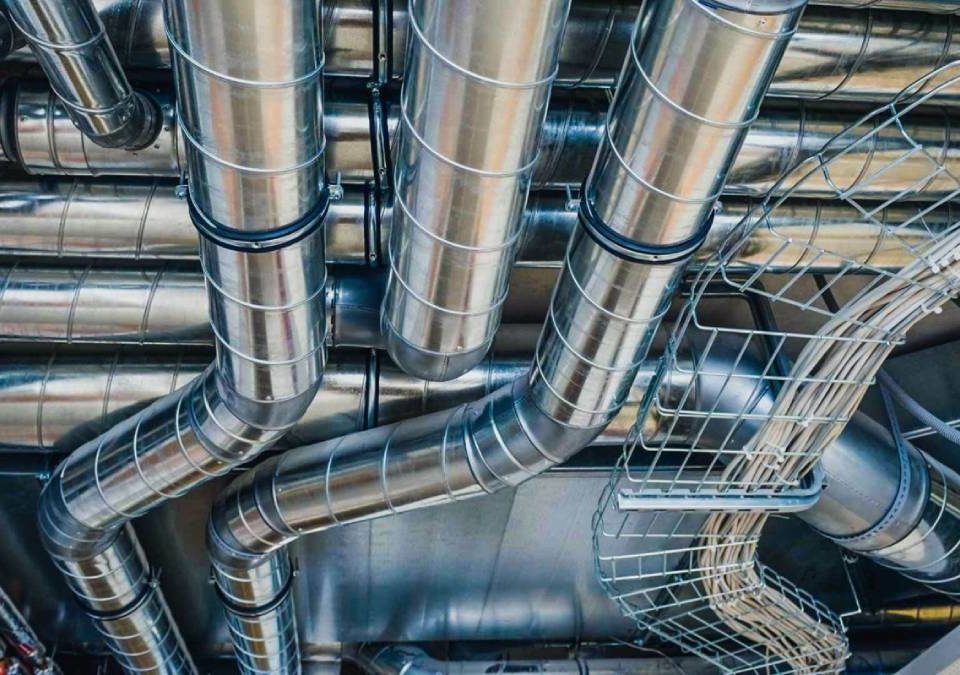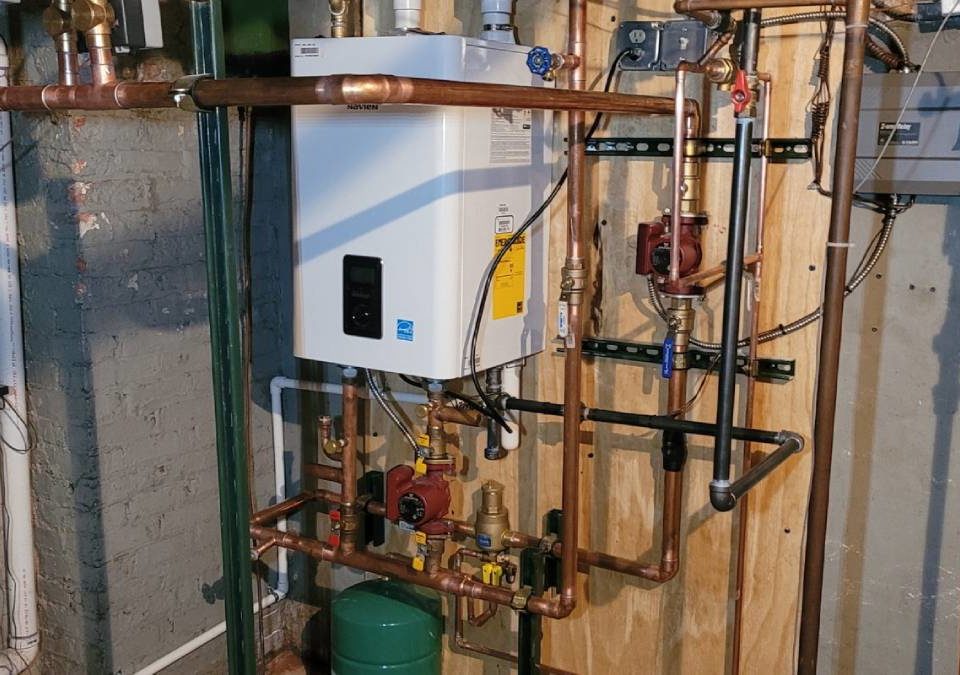Tank Water Heater Maintenance

Tank Water Heater Repair

Tankless Combi Boiler + DHW (HIGH Efficiency) Installation
Today’s water heaters are manufactured to require little or no maintenance, but these maintenance tips could prolong the life of your water heater:
• Drain the water heater twice a year to rid it of collected sediment that causes corrosion. This also increases efficiency.
• Test the pressure-relief valve by lifting the valve’s handle and letting it snap back. This should release a burst of water into the overflow drainpipe. If it doesn’t, install a new valve.
• Lower the temperature setting on the thermostat to 120 degrees Fahrenheit. This reduces damage to the tank caused by overheating.
Call us today at (312) 409-33-26 or contact us online to schedule a visit with one of our specialist.
Most of us don’t know our hot water heater is going bad until we get nothing but cold water out of the tap — but things don’t have to go that far if you’re alert to the clues of a hot water heater that isn’t working quite right. If you see these five signs, it’s time to call to PHD Heating & Cooling for professional help.
1. Fluctuating water heat
“No hot water at all” may be a no-brainer, but fluctuating water temperature is just as much of a clue that something’s wrong. It may mean that mineral deposits have built up around your water heater’s heating elements or that the heating elements need to be repaired or replaced.
2. Low hot water pressure
Mineral deposits can do more than reduce the efficacy of your water heater’s heating elements. They can also build up enough to block pipes, reducing the water pressure coming out of your water heater. There are a few other issues that can also cause reduced water pressure, including kinked distribution lines or poor design.
3. It leaks
This one seems obvious, right? But it won’t be unless you visually inspect your water heater — something most home owners don’t do until the hot water’s already out. Incorporate a quick scan for leaks into your monthly maintenance routine, along with checking the smoke detectors in your home.
4. Water that’s “off”
Visible or a metallic taste in your water means corrosion somewhere along the lines. If both your hot water and cold water are rusty when they come out of the tap, the corrosion is probably somewhere in your pipes. If only the hot water is rusty, odds are good that the problem is inside your hot water heater. You need professional help — soon — to arrest the corrosion before it damages your hot water tank or even causes it to fail. You may also get cloudy water out of the faucet, or water that smells strange (but not necessarily metallic). That’s probably mineral deposits at work again; only professional maintenance will help keep them from building up and damaging the inside of your water heater.
5. Unusual sounds
A little noise is natural from your water heater — after all, it’s a major appliance. But if you hear loud popping, banging or cracking sounds coming from it, it’s time to call us. Most likely, mineral deposits have built up and caused the appliance to overheat as it works to keep the water hot. If the tank hasn’t already started leaking, a flush and thorough cleaning may be enough to keep it working. Have you seen any of these five signs that it’s time for a water heater repair?
Call us today at (312) 409-33-26 or contact us online to schedule a visit with one of our specialist.
Related posts
CONTACT US
Call PHD Heating & Cooling today at (312) 409-3326 or send us email to schedule for a quote on your new home comfort system.



